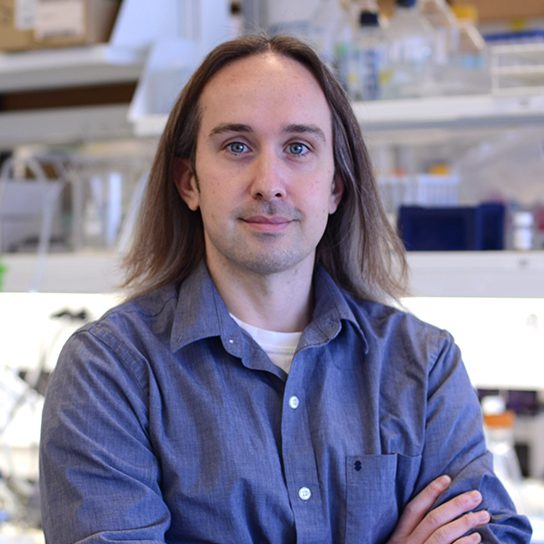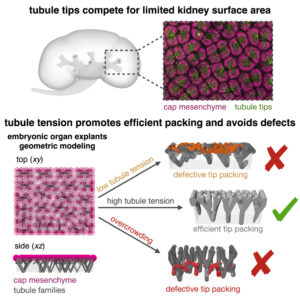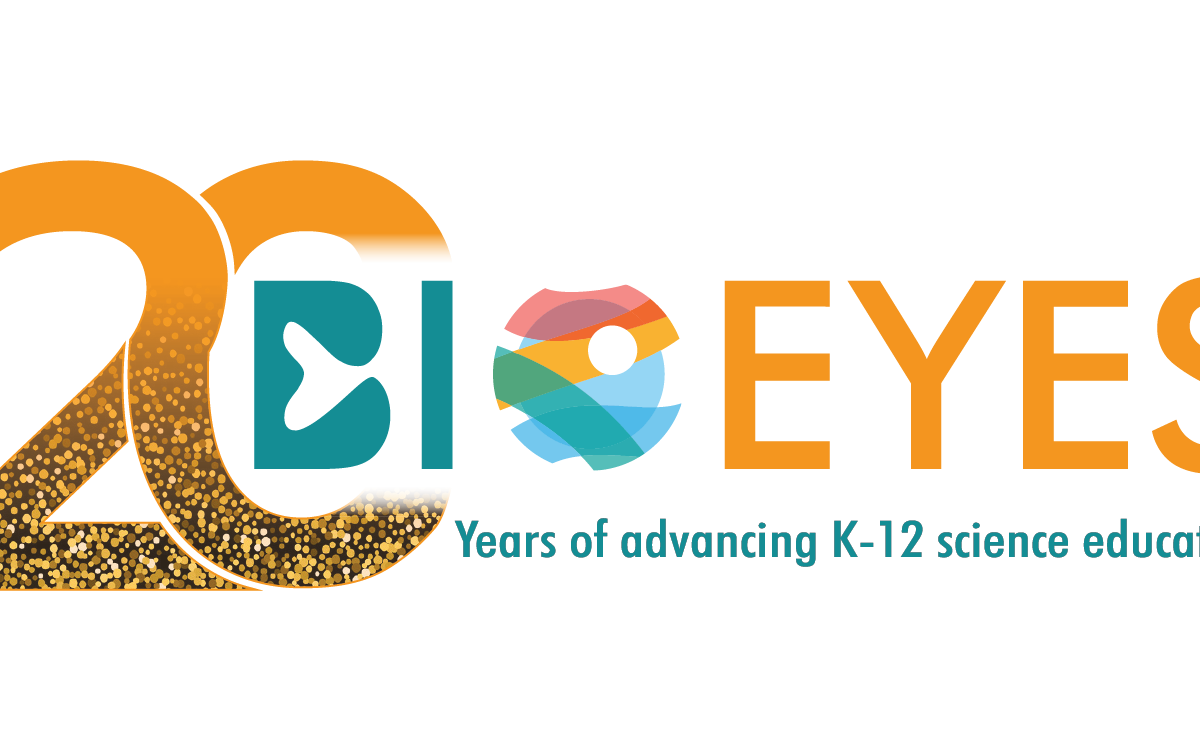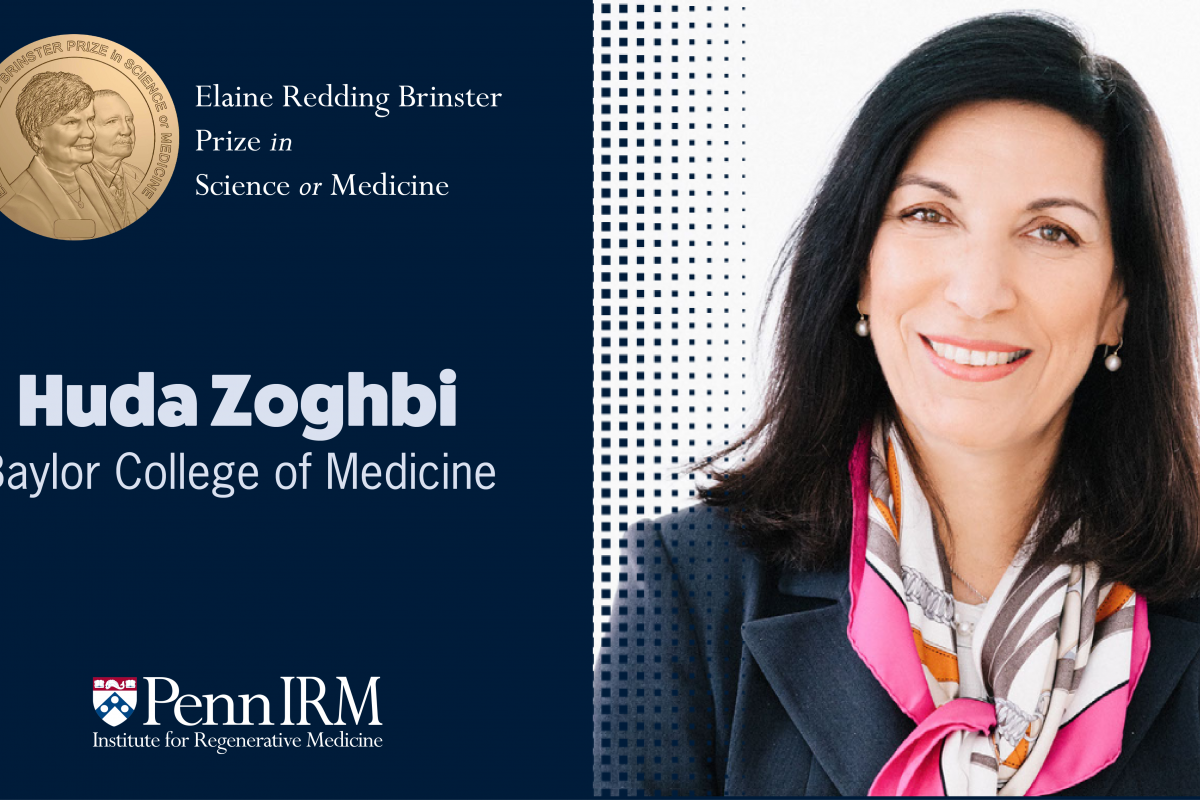For her work pinpointing the underlying, genetic causes of a pair of devastating neurological diseases, the Institute for Regenerative Medicine at the University of Pennsylvania awarded Huda Zoghbi, MD the second Elaine Redding Brinster Prize in Science or Medicine. Zoghbi’s research advanced the field’s conceptual understanding of how gene expression can influence neurological health, even in non-inherited disorders.
“Dr. Zoghbi’s interests in the basis for neurological disorders were sparked by her initial observations in the clinic. It was an exceptional path from there to revealing how mutations in a methyl-DNA binding protein cause Rett’s syndrome and how expansion of DNA repeat sequences cause spinocereballar ataxia 1,” said Ken Zaret, PhD, director of the Institute for Regenerative Medicine and the Joseph Leidy Professor of Cell and Developmental Biology. “We are thrilled that Dr. Zoghbi is the second awardee of the Elaine Redding Brinster Prize.”
The prize, supported by an endowment from the children of Elaine Redding Brinster, is awarded annually to a researcher whose singular discovery has made a unique impact on biomedicine. Each winner receives $100,000, a commemorative medal, and an invitation to present a ceremonial lecture at the University of Pennsylvania.
Zoghbi will accept the prize March 15, 2023, as part of the day-long Ralph L. Brinster Symposium. The symposium will feature several eminent speakers from across the biomedical sciences, including Janet Rossant, PhD, of the University of Toronto, Lynne Maquat, PhD, of the University of Rochester, Karl Deisseroth, MD, PhD, of Stanford University, and Lorenz Studer, MD, of Memorial-Sloan Kettering.
Read more in Penn Medicine News




